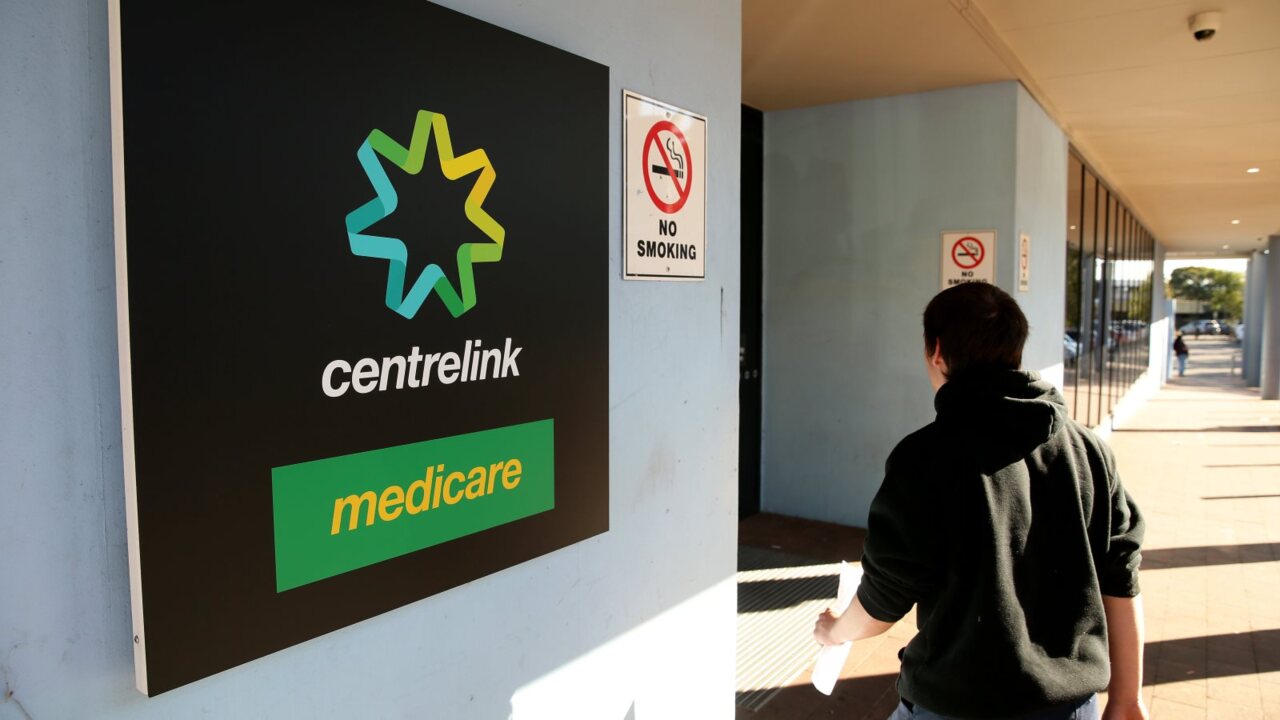Debt repayments hit households hard, ASIC finds
The proportion of Australians who are struggling to make their debt repayments is likely to shock many people.

National
Don't miss out on the headlines from National. Followed categories will be added to My News.
Almost half of all Australian adults who have debts say they have struggled to make repayments in the past 12 months, new research has found.
As interest rates remain stuck at 12-year highs, a study by the Australian Securities and Investments Commission says 5.8 million people have found it tough to repay debts, but many refuse to seek help.
Three out of 10 people say they would not seek hardship assistance from their lender, ASIC found, and many would prefer to sell assets or get a second job to deal with their debt.
The study follows a separate ASIC report in May that found large lenders were falling short in financial hardship assistance, and it is part of a new campaign telling people about their right to seek help when facing repayment troubles.

ASIC commissioner Alan Kirkland said cost of living pressure was the key reason people struggled to make repayments, followed by reduced income or unexpected expenses.
He said there had been a 54 per cent rise in home loan hardship notices in the final three months of 2023.
“Financial counsellors tell us that calls to the National Debt Helpline have increased and continue to increase, and at ASIC we have seen an increase in traffic to a number of the pages on Moneysmart.gov.au that are there to help people in financial difficulty,” Mr Kirkland said.
“Our research shows a lot of people don’t know that assistance is available, or they don’t know where to go to ask for help,” he said.
“People also tell us that there are emotional barriers on top of those practical barriers. Anxiety and stress is a key issue, people often feel embarrassed or ashamed and they feel that they have failed in some way.

“These emotional barriers can hold people back from seeking assistance, but our message is that if you don’t seek assistance often you can end up in a financially worse situation and also feeling worse.”
ASIC’s Moneysmart campaign urges people struggling financially to “just ask” and first contact their lender, which has legal obligations to help customers in trouble.
“The first point (is that if) people feel like they’re in trouble, they should reach out,” Mr Kirkland said.
“If you need extra help, we would encourage people to reach out to a financial counsellor through the National Debt Helpline on 1800 007 007,” he said.
Credit reporting agency Equifax says Australians are clinging on financially and have struggled in the first few months of 2024.
Equifax Australia and New Zealand managing director Melanie Cochrane said mortgage hardship was the most requested form of assistance but other debts hit hard too.
“We’re seeing the financial strain reflected in our data with demand for credit cards climbing and arrears increasing across several credit types,” she said.
“There was an increasing jump of 21.5 per cent in the number of accounts in hardship, which is concerning as the second quarter is historically a period where Australians struggle the most.
“Reaching out for help can be the difference between sliding further into financial stress and getting themselves back on track.”

Patrick Eldridge, 33, from Ballarat, faced financial strain after an unexpected medical condition left him unable to work for three months and facing difficulty supporting his family of six.
Mr Eldridge sought help from the National Debt Helpline and is now receiving hardship assistance and financial advice.
“The hardship assistance ultimately gave me and my family breathing space, it was a load off our shoulders and allowed us the time and space to figure out how we can make this work and come out the other side,” he said.
“The debt was for a combination of things but mostly personal loans, credit cards and BNPL. We are still in the process but already it’s been a big help to us.”
Mr Edridge said shame was a factor in people failing to seek hardship assistance.
“Especially if you are the sole breadwinner in the family – it’s the shame that comes with not being able to provide for them and having to seek help,” he said.
“The feeling is very real, but it’s how you react to it.”
More Coverage
Originally published as Debt repayments hit households hard, ASIC finds





